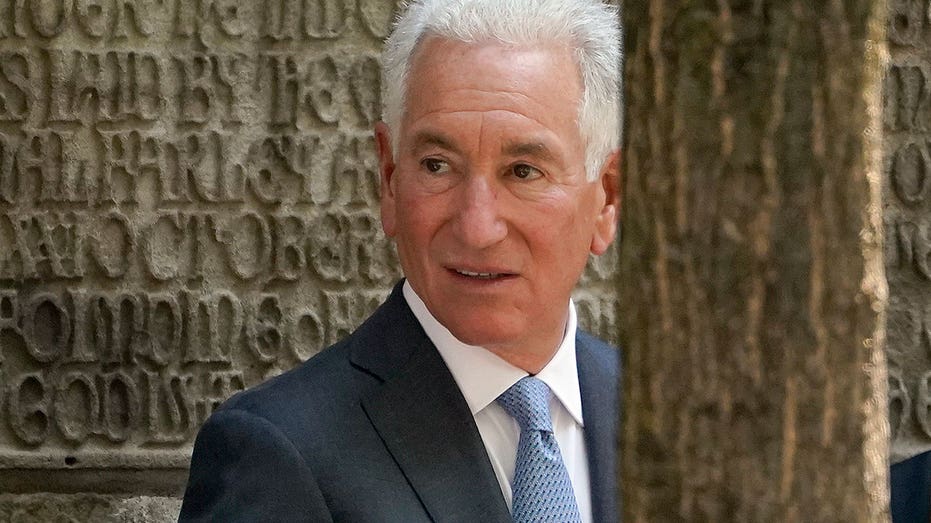France has summoned U.S. Ambassador Charles Kushner over comments linking Palestinian state recognition to a rise in antisemitic incidents. Officials in Paris call Kushner’s statements “unacceptable,” signaling an unusual public rift between long-standing allies.
US ally summons Trump ambassador over ‘unacceptable’ antisemitism allegations

Key Takeaways:
- France officially summoned U.S. Ambassador Charles Kushner.
- Controversy centers on linking Palestinian statehood recognition to antisemitic behavior.
- Fox News published the original story on August 25, 2025.
- Emmanuel Macron’s administration views the allegations as “unacceptable.”
- The dispute underscores broader discussions about antisemitism and diplomatic relations.
Introduction
A rare diplomatic dispute has emerged between the United States and France, two nations traditionally seen as close allies. French officials have summoned U.S. Ambassador Charles Kushner to explain remarks he made linking Palestinian state recognition to rising antisemitic incidents.
Background on the Controversy
Ambassador Kushner reportedly submitted a letter suggesting that France’s consideration of Palestinian statehood contributed to recent antisemitic acts. These allegations have been met with firm pushback in Paris, illustrating how sensitive the issue of antisemitism remains throughout Europe.
Official Reaction in Paris
French authorities wasted little time in condemning Kushner’s statements. The government was quoted as calling his allegations “unacceptable,” emphasizing that associating the recognition of a Palestinian state with antisemitism undermines legitimate diplomatic discourse.
“Such statements risk unfairly linking legitimate foreign policy decisions with hateful behavior,” one official noted.
Implications for U.S.-France Relations
This summons marks a notable departure from the typically smooth relationship between Washington and Paris. While disagreements between the allies are not unheard of, a public rebuke over antisemitism allegations is rare. Observers note that the reaction under President Emmanuel Macron’s government reflects heightened sensitivity to xenophobia and religious intolerance in France.
Significance for Broader Middle East Issues
The dispute also touches on the broader question of Israeli-Palestinian relations, a subject that has long stirred strong reactions from world leaders. Linking recognition of a Palestinian state to antisemitism adds another dimension to the ongoing debate—one that could color future diplomatic movements in the region.
Looking Ahead
Although it remains unclear how the situation will evolve, French officials insist that any suggestion connecting their policy choices to an uptick in antisemitic incidents must be thoroughly addressed. Washington has yet to release a detailed statement in response, leaving both governments’ next steps uncertain.
This moment underscores how even close allies must carefully navigate sensitive political and religious issues, particularly when long-standing international disputes intersect with global concerns about antisemitism.











